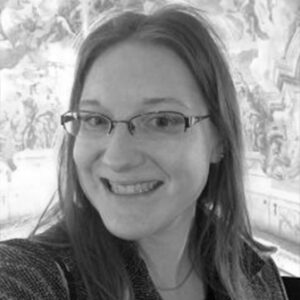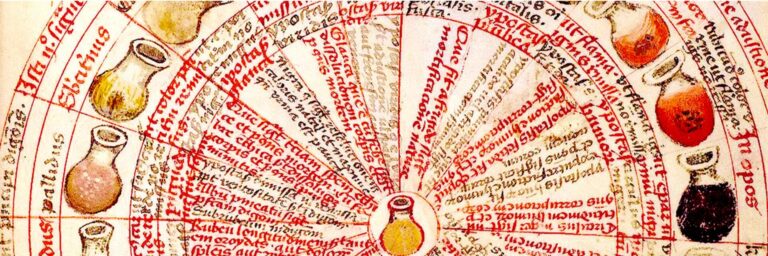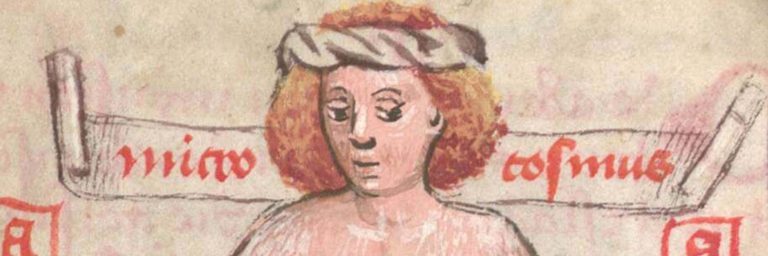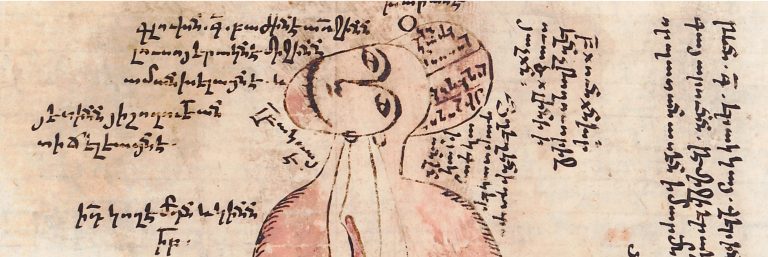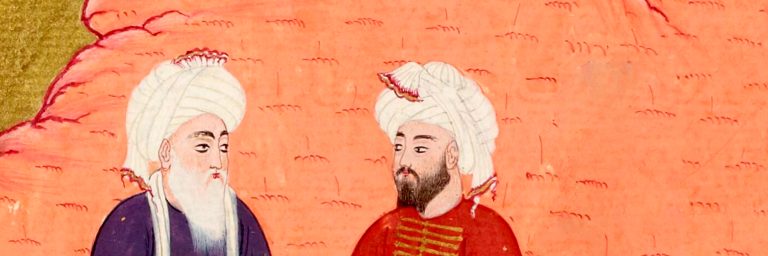Roger Bacon on Prolongation of Life
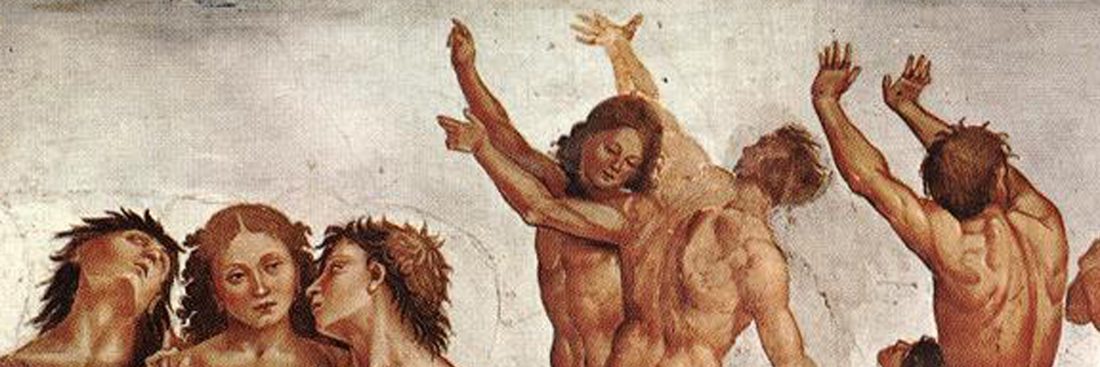
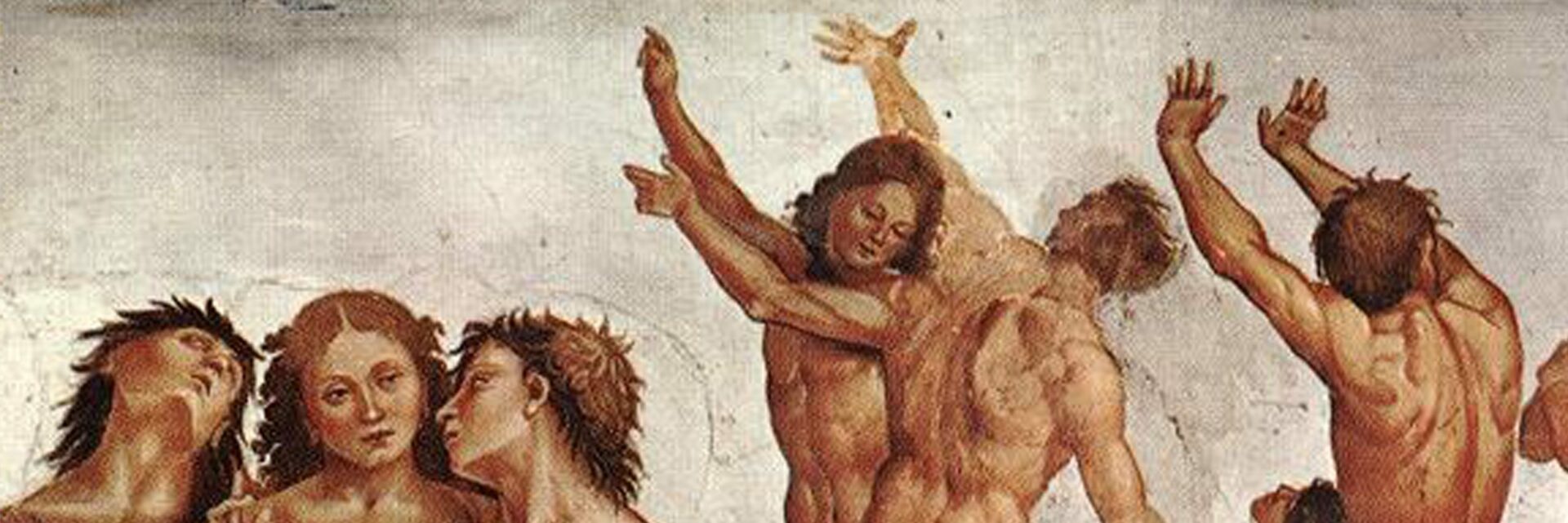
FORMA FLUENS
Histories of the Microcosm
Who Wants to Live for Ever?
Roger Bacon on the Prolongation of Life
Meagan Allen
Science History Institute Philadelphia
Santorio Award
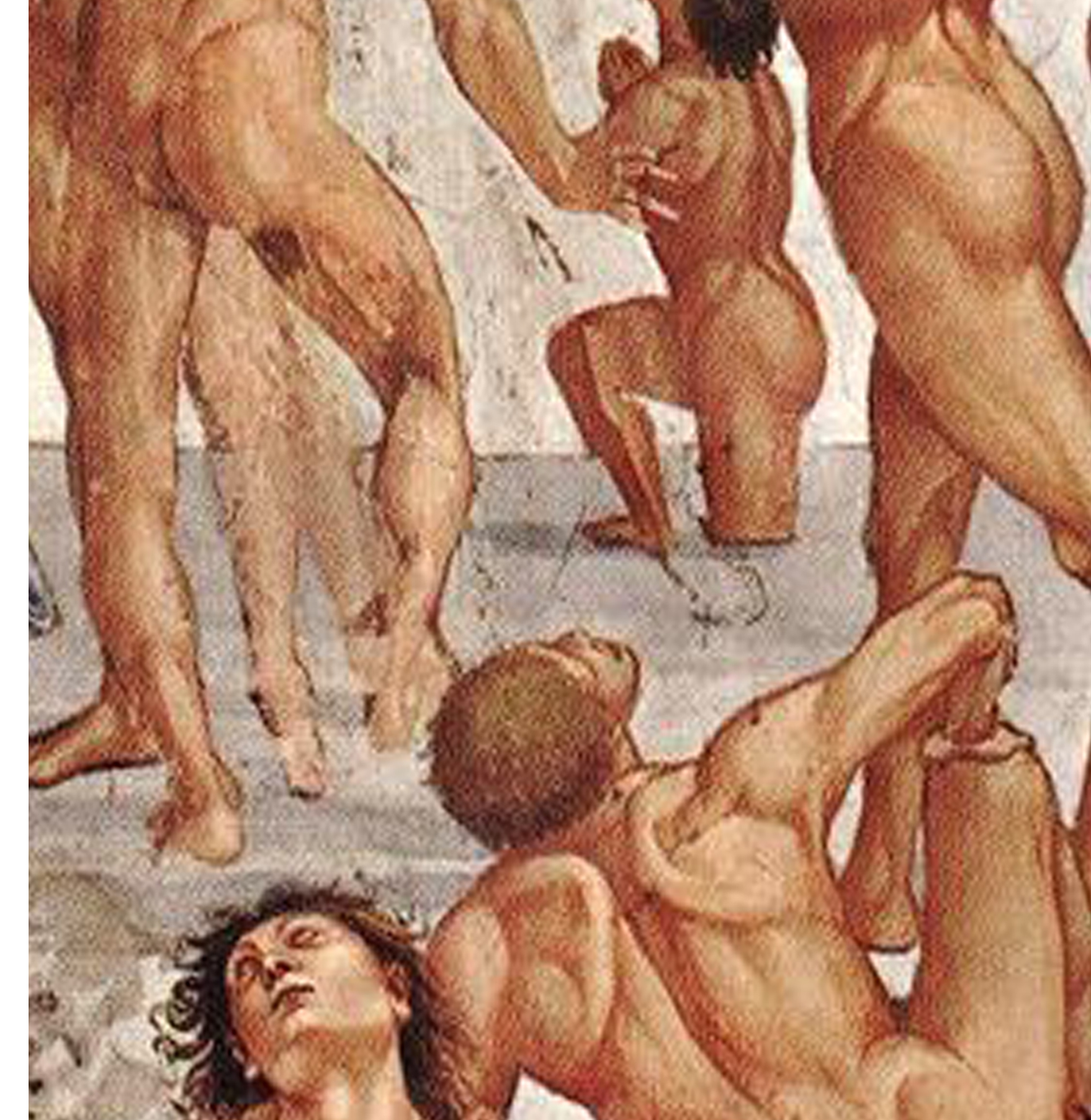
In a small fragment of a work now called the Liber sex scientiarum, the English Franciscan friar Roger Bacon (ca. 1220-1292) explained that the human body had the potential to be immortal. If Adam had remained in the Garden of Eden, he would have been able to live forever, sustained by the Tree of Life. This was God’s original plan for mankind. But even though mankind had sinned, and thus fallen from Grace, Bacon understood the Bible to teach that all humans would eventually reach the ideal state of immortality, albeit only after the resurrection. At the moment of the resurrection, each person, both saved and condemned, would receive an incorruptible, and therefore immortal body, which would be subject to neither disease, decay, nor ageing. However, Bacon said, humans could learn much about their future bodies during this life. Not only that, but man could also learn how to make approximations of these bodies, so that their own lives would be greatly lengthened. Though no one could live forever before God’s judgment and resurrection, wise men might be able to extend their lives by decades, even centuries, through the prolongatio vitae – the extreme prolongation of life.
Bacon believed that the key to extending life lay not in the curricula as taught in the medical faculties of the universities, but in the study of alchemy. But what exactly was it about alchemy that made it so vital to medical practice? Though twelfth- and thirteenth-century alchemy was generally concerned with the transmutation of metals, Bacon’s alchemy was a much larger area of study, and encompassed the generation and corruption of all material things in the sublunary world. It was this aspect of alchemy, which Bacon referred to as speculative alchemy, that explained how the four elements of fire, air, water, and earth interacted with each other to make the basis of reality as man could know it. Thus, the study of alchemy in conjunction with humoral medicine could explain not only how the human body worked, but how it interacted with the materials around it, illuminating the method of prolonging life to extreme lengths. Indeed, is it even possible to draw a distinction between alchemy and medicine in the works of Roger Bacon?
Though Bacon does differentiate between the two terms, it is not a relationship of two separate but related fields, but rather that of primary and secondary – alchemy provides the ground on which medicine is built, so that medicine without alchemy is unstable.
Bacon’s central thesis about the ability of alchemy to prolong human life was this: alchemy can create a body of equal complexion, or a corpus equale, in which the four elements are in perfect proportion by strength, and thus have no action on each other. Bacon wrote that according to Aristotle, the equality of elements in a body meant that there would be no action of one element upon the other, thus making the body incorruptible.[1] Bacon believed that alchemy could teach a person how to make such a corpus equale, which could then pass its incorruptibility on to a human patient, using the multiplication of species. The corpus equale would balance the humors (blood, phlegm, bile, and melancholy) in the patient’s body, giving the patient an equal complexion of humors, approximating the resurrection body. Bacon believed a medicine made from such a corpus equale worked through the multiplication of species, that is, by using its virtue to enact a change in the potentiality of the matter forming the patient’s body.
Bacon’s medicines can be organized into three categories: orthodox medicines, which were prescribed by physicians and made by apothecaries; prepared alchemical medicines, items which had been altered using speculative and practical alchemy to bring their proportion of elements closer to the corpus equale; and true alchemical medicines, which had an innate corpus equale.
Meagan Allen is a historian of medieval science. Her research focuses on the intersection of alchemy and medicine, particularly in the writings of the Franciscan Roger Bacon (d.1292). She completed her PhD at Indiana University in 2021; her dissertation “Roger Bacon’s Medical Alchemy: Medieval Pharmacology and the Prolongatio Vitae” examined how Bacon envisioned utilizing alchemical theories and practices to create a panacea that could extend human life by several hundred years. Allen has held visiting fellowships at Corpus Christi College, Oxford, and the Max Planck Institute for the History of Science in Berlin, Germany.
Although most of the medicines, including the prepared and true alchemical, were taken from earlier writings, Bacon went beyond his sources by ascribing their semi-miraculous powers to their equality of elements. However, Bacon’s medical theory was fundamentally Galenic, in that it maintained that health comes from a proper balance of the four humors – an equal complexion.
Bacon was also highly influenced by Christian scripture, which he incorporated seamlessly into his program of the prolongatio vitae. God had created both the bodies and the rational souls of men, the latter of which were immortal and desired the felicity that they would have in an immortal body after the resurrection.[2] Bacon was unique in that he was the first to say that a patient healed by a corpus equale will have a body similar to that received after the resurrection. In fact, the resurrection body will be a corpus equale itself. By properly preparing alchemical medicines, it was possible to prolong life by several hundred years, even outliving the oldest of the patriarchs. This idea of an incorruptible resurrection body is fundamental to understanding the body enhanced by Bacon’s alchemical medicines. It gave Bacon the idea that the human body has the possibility to be improved, because it is a given that the human body will eventually reach a state of incorruptibility.
Additionally, the notion of an incorruptible resurrection body allowed Bacon to introduce alchemy into his medical system. The incorruptible resurrection body will be given by God, but a comparable incorruptible substance – gold – could be found on earth in this lifetime. Alchemy taught how to make substances incorruptible like gold, by balancing out their elements and recombining them in the proper proportions. Alchemy therefore provided the best insight into the resurrection body that mankind could have in this world, aside from knowledge received through divine revelation. The one part of Bacon’s ideas surrounding alchemy and the prolongatio vitae that appeared consistently throughout his career, and the area where I believe Bacon was unique, was not in his idea that human life could be extended through medicine, but that the body healed by alchemical remedies would be almost identical to the resurrection body.[3]
Ultimately, Bacon synthesized ideas from a number of sources, including Arabic alchemy, Greco-Roman and Arabic medicine, and natural philosophy to create a concept of the prolongatio vitae found nowhere else.[4],[5] He was unique in that he created an explicit connection between an elixir that could “cure” metals, that is, transmute one metal into another, and a medicine that would heal the human body, an idea which had never before been expressed in the Latin west.[6]



